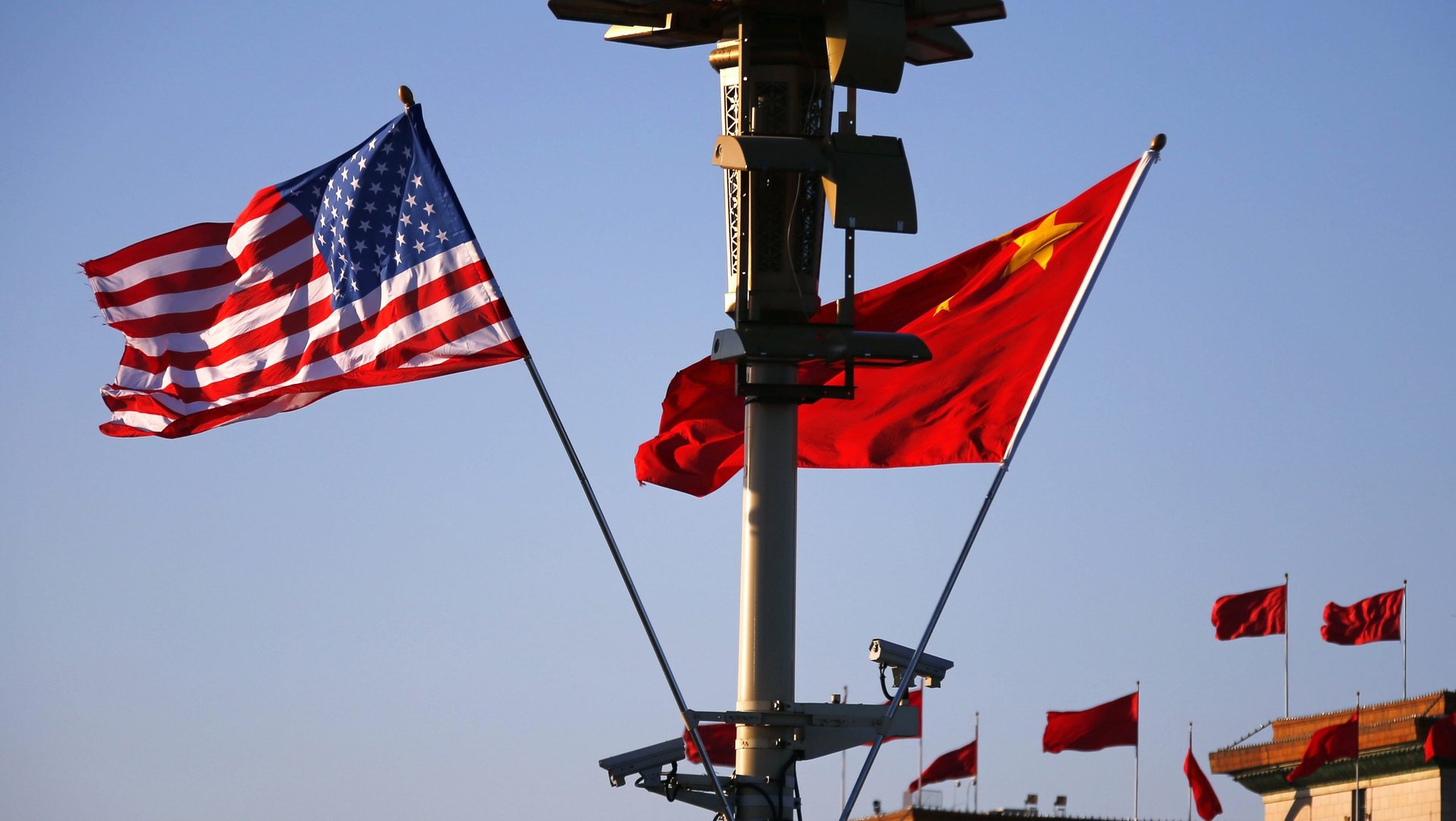Chinese investment in the US skyrocketed last year
Chinese foreign direct investment (FDI) in the US rocketed to $45.6 billion in 2016, triple that of 2015, although that surge and future investment faces a “major downside risk” under a Donald Trump presidency, a new report by the research firm Rhodium Group predicts.


Chinese foreign direct investment (FDI) in the US rocketed to $45.6 billion in 2016, triple that of 2015, although that surge and future investment faces a “major downside risk” under a Donald Trump presidency, a new report by the research firm Rhodium Group predicts.
China invested some $64 billion in the US between 1990 and 2015, making last year’s number of $45 billion particularly remarkable. Total cumulative FDI since 1990 now stands at $109 billion, according to the report, published on Dec. 30.
The surge, the majority of which came from investments in real estate and hospitality industries, information and communications technology, as well as entertainment and financial services, is in line with China’s ambitions to build a consumer-driven economy. Chinese conglomerate Anbang, for example, acquired luxury hotels like the Four Seasons for $6.5 billion last March. In April, HNA Tourism Group acquired the Carlson Rezidor Hotel Group for a reported $2 billion.
China’s shopping spree could soon come to an end however, if Trump installs a harsher regulatory system after taking office later this month. Trump has already talked about raising tariffs on imported Chinese goods, using one of China’s most sensitive political issues— the independence of Taiwan—as a bargaining chip.
Currently, Chinese companies are “waiting to finalize regulatory approvals or financing for $21 billion worth of US acquisitions,” reads the Rhodium report. But “the political realities on both sides pose a major downside risk to both pending transactions and new deal flow in coming months.”
The report’s authors predict a ”more confrontational approach to trade and investment policy toward China” based on Trump’s recent cabinet appointments, who have spent limited or no time in China in the past two decades.
“It is hard to believe that China’s FDI in the US or vice versa will grow continuously,” says Michael Wong, an associate professor of finance at the City University of Hong Kong. “Trump’s administration will treat China as a business and political enemy.”